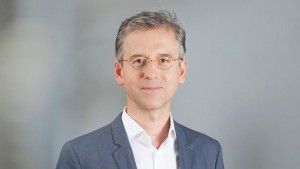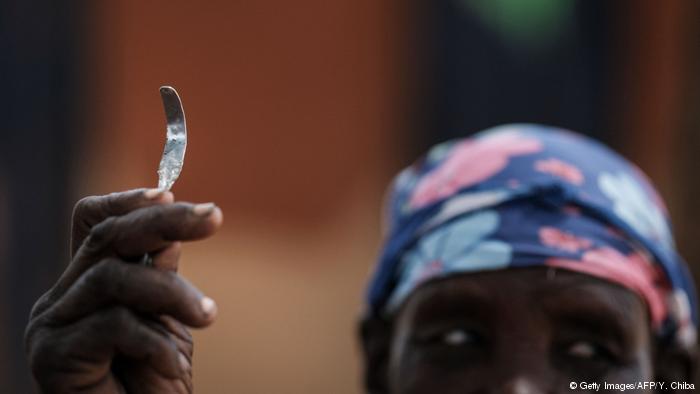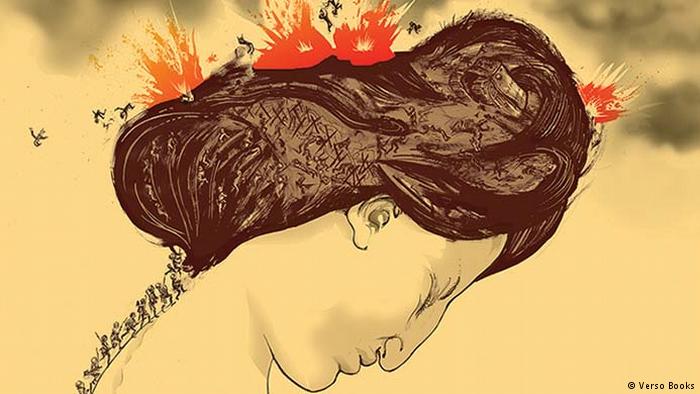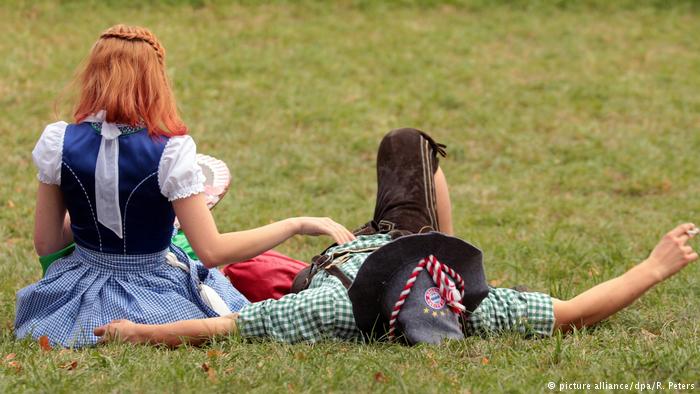Angela Merkel’s candidacy plans are promising
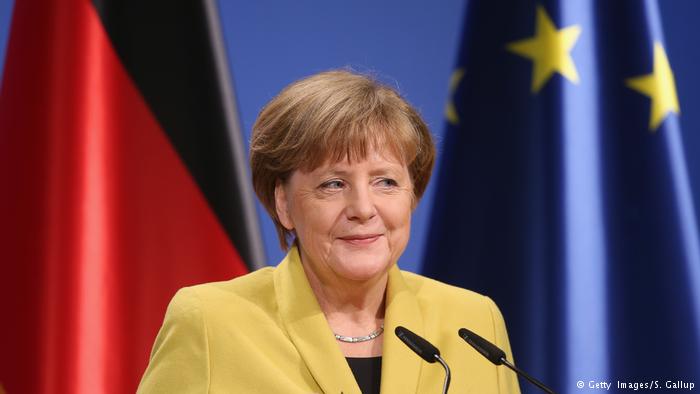 Angela Merkel’s decision to again be a candidate for German chancellor presents many new opportunities, says DW’s Kay-Alexander Scholz. She could be the right person to provide an answer to the rising tide of populism.
Angela Merkel’s decision to again be a candidate for German chancellor presents many new opportunities, says DW’s Kay-Alexander Scholz. She could be the right person to provide an answer to the rising tide of populism.
Angela Merkel has now been Germany’s Chancellor for 11 years and leader of her Christian Democratic Union (CDU) party for 16 years. In this time, she has achieved a lot: Germany has turned the corner on its debt problem, halved its unemployment numbers, and doubled its spending on research. Merkel has even modernized her party.
Germany has become a louder voice on foreign policy too, often because other countries remained mute. During the global financial crisis, European debt crisis and Russia’s annexation of Crimea, Germany’s chancellery played a leading role.
For some, though, Merkel has “achieved” too much. The older conservatives in her party are annoyed about her push toward social democratic principles and half of all Germans think that the Chancellor’s willingness to let a million migrants into the country was too generous.
The anger created by that move – and the current trend of criticizing elites – has allowed the right-wing Alternative für Deutschland (AfD) party to grow and to form links with similar thinking groups worldwide. Some say that Merkel has done too little to prevent the risks created by her policies.
Even if she is getting a lot of praise from overseas at the moment (which she is treating cautiously as usual), opinion on Merkel in Germany is split. If she left office now, it would be anything but glorious.
Not backing down
There is a German saying: “You have to eat the soup, that you’ve spoiled.” This isn’t about taking pleasure at others’ mistakes, but more about dealing with the issues you have created.
Merkel is more than likely to win this election, which would allow her four more years to correct and further shape what she has already started – especially in the area of Europe’s refugee crisis. The fact that she is prepared to take on this challenge, will earn her a lot of sympathy down the track.
She now has the chance to show that, despite all her time working on the European and international stage, she hasn’t forgotten the concerns of ordinary Germans.
Her re-election could also be an opportunity for her to provide strong solutions to the growing chasm between rich and poor, and between people in the cities and in the country. This would slow down (or better even, reverse) the current trends of social inequality and political polarization, the main causes of right-wing populism.
Fighting the populist boom
The current (and likely, future) German chancellor has the opportunity to do this because she has the necessary power, reputation and experience to do so. She is a pragmatist who can find solutions with the freedom of not being tied to an ideology and she is prepared to tackle the issues.
In her speech on Sunday confirming she would run again for Chancellor, Merkel made clear that Germany needs to keep its society together if it wants to fight polarization. She wants to take on that fight and that’s the right option.
If she is able to achieve that, Merkel will be able to protect her party from losing further ground to the AfD and, in addition, she would be showing the West that there is another way to solve problems aside from the solutions thrown up by populism.
Leading by example
And there is one more thing too: Merkel’s plan to campaign again means that she can make the most of her position as a female role model.
That’s important for thousands of refugee women who have just recently arrived in Germany and who come from a culture that does not traditionally afford them enough rights. For these women, Merkel can offer inspiration for them to emancipate themselves.
Studies show that women play a crucial role when it comes to integration into a new society. Merkel can give important impulses here, that will bear fruit in all of German society.
All in all, Merkel’s decision to run again for the position of German chancellor is a good one, that promises plenty.
Author: Kay-Alexander Scholz
_____
WTO RECOMMENDS
Merkel is down, but not out
At her press conference as CDU chairperson after the elections in Berlin, Merkel came across as unusually self-critical, but also decisive. This is sign enough that she wants another term, writes DW’s Christoph Strack. (From September 22, 2016)
No demise of the Merkel era
The election result in Mecklenburg-Western Pomerania is an embarrassing defeat for Chancellor Merkel, but it does not mean the end of her political career, or the start of a political about-face, says Charlotte Potts. “Twilight of the Chancellor” – “How many more blows can Merkel take?” – “Merkel’s election debacle.” These were the headlines I woke up to this morning. (From September 6, 2016)
Angela Merkel – Sticking to Her Stance against All Odds
Germany has been facing huge problems in regard to refugees that have been arriving in the country since last year. One might say, all this is caused by Chancellor Angela Merkel’s policy of accepting refugees and refusing to define a maximum number of refugees Germany will allow into the country. In this regard Germany stands very much alone in the European Union. (From March 8, 2016)



